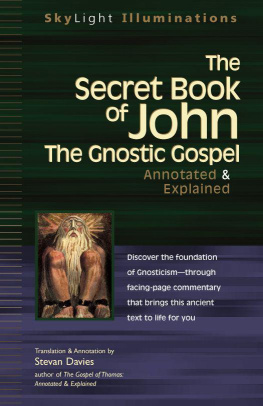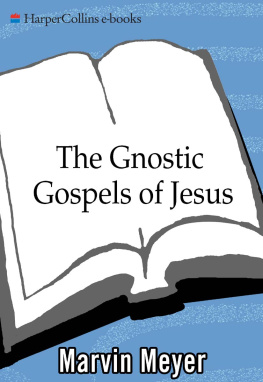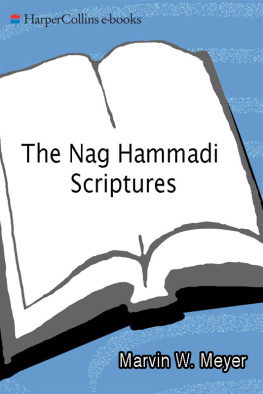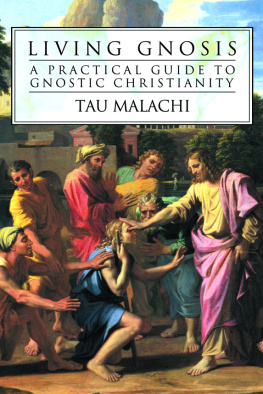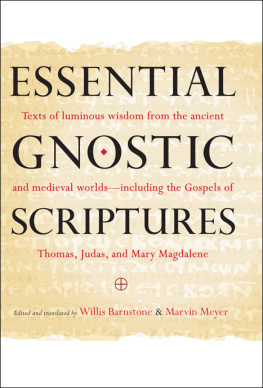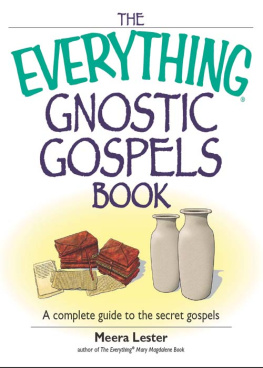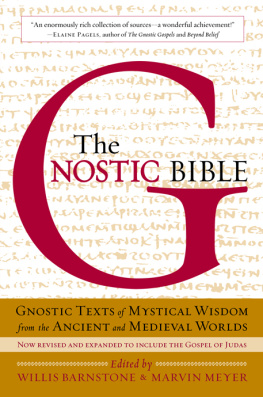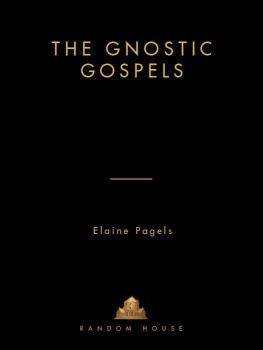

Thank you for purchasing this SkyLight Paths e-book!
Sign up for our e-newsletter to receive special offers and information on the latest new books and other great e-books from SkyLight Paths.
Sign Up Here
or visit us online to sign up at
www.skylightpaths.com .
Looking for an inspirational speaker for an upcoming event, conference or retreat?
SkyLight Paths authors are available to speak and teach on a variety of topics that educate and inspire. For more information about our authors who are available to speak to your group, visit or call us at (802) 457-4000.
Contents
Sign Up for E-mail Updates
Send Us Your Feedback
Preface
Perhaps you are one of those remarkable people who experience an overpowering realization of the divinity of existence. You suddenly know that everything is divine and that within you lies an ocean of God. Will you know this all of the time and every day? No. You will crest and fall and submerge again into the mundane. The realization of divinity as the be-all and end-all, as the substance of your very selfthat within which you live and move and have your beingdoes not dominate every day, although you wish it would. The ordinary world of aches and pains and approaching death, of trouble, temptation, sin, stress, and loss seems to rule almost all the time. And yet, sometimes you can seize what you seek and see glory everywhere and know yourself to be divine.
If you are one of those people, you are one with the Gnostics. You know what you truly are, that you are God, just as everyone else is. But, as a Gnostic, your existence in this ordinary and difficult world puzzles you. You ask, How did I come to be here? You dont seem to belong here. You belong in a world, a realm, of divinity. And it certainly seems that that divine realm is not everyday reality. But if, in full reality, everything that exists is God, why dont we always know this? Why do some people never even think it possible to be what, in their depths, they really are? Why dont we know who we are? How did we come to forget? What holds us back from perpetual realization of our divinity and what traps so many people into denying that their own divinity is even conceivable? These are the Gnostics questions. The Secret Book of John is the Gnostics answer.
Gnostics know that God is all and that they themselves are God. They experience this knowledge, this realization, and know that everyone else could share their experience. But they are continually thrown back into the seemingly hard material reality that tells them that they are merely flawed humans, kin to apes, doomed to die, ruled by a judgmental creator god who often does not show a fondness for people at all. Gnostics rebel against their churches and their priests, their Bible-based pastors whose obsession with Gods supposed desire to control behavior seems not to be what true religion is about. To Gnostics, true religion, elite spirituality, is a realization of the divinity of every person, an experience of ascent to the divine homeland. It is a knowledge of the way we once were as God and of the processes by which God came to be so self-forgetful as to become us, mere human beings under the control of another lesser god. Those are the lessons taught in the Gnostic Gospel, the Secret Book of John.
Gnosticism is a religion of rebels: creative thinkers whose works were systematically destroyed by orthodox Christianity between the second and the sixth centuries CE. Gnostics were the other to the growth of orthodoxy; they lived in the home of heresy for they were the source of self-assertiveness against the episcopal demand for sameness. They persisted in the shadows, in certain Sufi sects, in the Christian Cathar movement, and perhaps even among the Knights Templar and the Rosicrucian orders. Only recently have the old Gnostics spoken aloud again. Their speech resounds in the documents of the Nag Hammadi Library buried seventeen hundred years ago in Upper Egypt, discovered again in 1945, and read today by spiritual seekers throughout the world. Their main document, their central myth, their theory of the origin and structure of reality is a text called the Secret Book of John. In this text we learn how God fell and became us and how, through knowing that story, we can return to glory and be absorbed again into God. This new annotated edition of the Secret Book of John will help you take up the challenge of reading the primary Gnostic myth. It discusses the principal themes of the Secret Book of John and explains the historical and spiritual contexts as they arise. The general reader and the spiritual seeker will come away from reading it with good insight into the fundamental ideas of the Gnostic religion.
Introduction
The Secret Book of John is the most significant and influential text of the ancient Gnostic religion. Written in Greek during the early second century CE by an unknown author, the Secret Book of John became the source of a host of other Gnostic texts, myths, and cosmic systems. In Greek its title is Apocryphon Johannis and it is known in scholarship as the Apocryphon of John. The word apocryphon means secret or hidden. The Secret Book of John tells the story of the devolution of God from perfect Oneness to imprisonment in the material world. If you look at some of its sections it is Christian, in others it is a version of Platonic philosophy, frequently it is a book of Jewish commentary on Mosess Torah. It is all of these things in ways that the authorities of orthodoxy in Christianity, Platonism, and Judaism totally rejected. It is the foundation of something else, something supported by the historical tripod of Christianity, Platonism, and Judaism, but it is none of those. It is the expression of a whole new point of view, new in its own time, and new in our time, for the full version of the Secret Book of John was only discovered recently, although its existence was known long before.
Around 180 CE a bishop of Lyon, a man named Irenaeus, decided to write a book attacking all forms of Christianity he knew of that differed from the form of which he approved. All other forms were, in his mind, heresies and most fit into the very broad, ill-defined category of religion we call Gnosticism. His five-volume book, entitled Against Heresies, takes a violently negative view of its subjects. Fortunately, Irenaeus does describe in considerable detail what he despises. In chapter 29 of his first volume, Irenaeus outlines some sections of the Secret Book of John in detail. This tells us that the Secret Book of John must have been written well before 180 CE (although not in the exact form we have it now) and we know that its circulation included Gaul (todays France), in order for Irenaeus to have read it.
In Cairo in 1896, German scholar Carl Reinhardt bought an ancient book written in Coptic, the ancient Egyptian language written in mainly Greek letters. That book, which is now known as the Berlin Gnostic Codex, turned out to contain three important Gnostic writings: the Gospel of Mary, the Secret Book of John, and the Wisdom of Jesus Christ. Because of the two world wars, these texts were not made generally available until the 1950s. By that time an even more important discovery had been made.
In Nag Hammadi, Egypt, in 1945, local workers stumbled upon a very large jar in which were hidden thirteen books containing a total of fifty-two documents of ancient Gnostic wisdom. Some were very badly damaged, some were slightly damaged, and some remained in excellent condition. For the study of early Christianity in its unorthodox forms, and probably also in its orthodox form, this was the most important manuscript discovery ever made.
Next page
